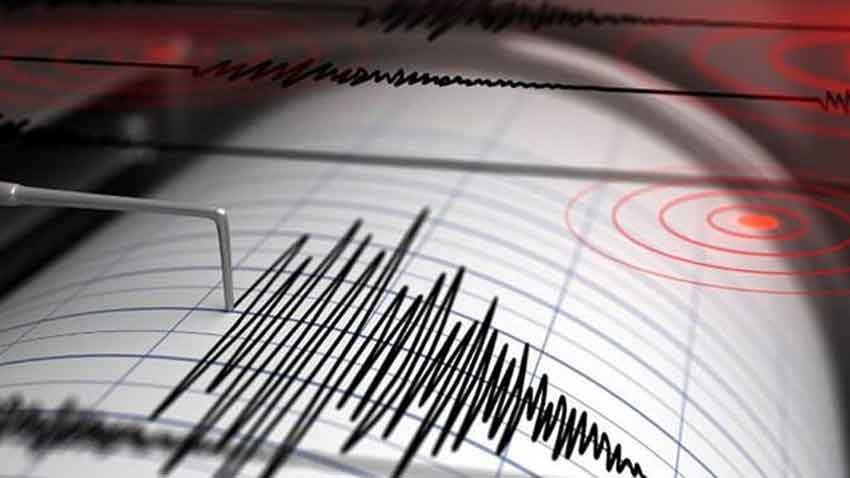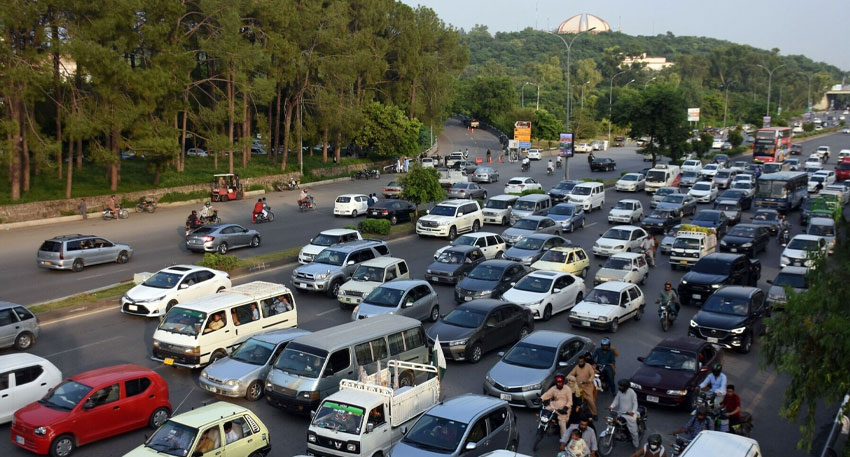
According to the Pakistan Meteorological Department (PMD), the quake struck at 9:56pm at a depth of 111 kilometres, with its epicentre in the Hindu Kush region.
Tremors were strongly felt in Peshawar, Abbottabad, Swat, Mansehra, Hangu, Attock, Malakand, Rawalpindi and Islamabad. Many residents reported that the quake “lasted for several seconds,” creating panic in the twin cities.
Punjab’s Provincial Disaster Management Authority (PDMA) confirmed that tremors were reported across all districts of the province. PDMA Director General Irfan Kathia said buildings were being inspected and no damages had been reported so far.
The statement added that “District Emergency Operation Centres across Punjab are on 24/7 alert” and urged citizens to report damages through PDMA’s helpline 1129.
This incident follows Tuesday’s series of earthquakes, when tremors were felt in Peshawar, Mansehra and Islamabad after a 5.4-magnitude quake struck southeastern Afghanistan. PMD also reported four additional minor quakes the same day, including one in Xinjiang, China, and several in Afghanistan.
The recent earthquake highlights the alarming frequency of seismic activity in the region. With the Hindu Kush zone known as one of the world’s most active earthquake belts, Pakistan remains vulnerable to recurring shocks.
Although no damages were reported this time, the repeated tremors within days underscore the urgent need for stricter building codes, disaster preparedness, and public awareness campaigns. Experts caution that while these quakes were moderate, they may be part of larger tectonic activity that cannot be ignored.
The government of Pakistan should get prepared for a stronger quake if nature decides to strike again.




